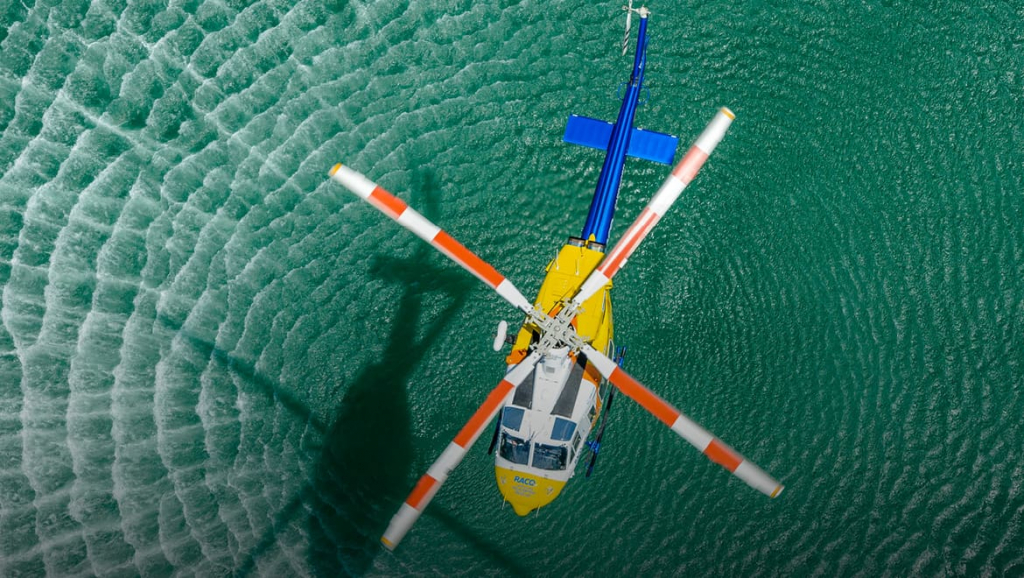Search and rescue specialist Babcock has trained its first “down the wire” crew to help direct emergency missions from the cockpit.
The promotion of Cam Fewtrell and Dominic Hodalin from rescue crew officers (RCO) to the more senior position of air crew officers (ACO) is highly unusual, with most operators recruiting the role direct from the military.
Babcock’s announcement of a home-grown training scheme comes as the aviation industry faces one of the worst skills shortages in generations.
While an RCO traditionally goes ‘down the wire’ during a rescue, an ACO oversees the rescue from the cabin, operates the winch, monitors safety, and helps guide the helicopter pilot.
Fewtrell said he initially didn’t believe he could gain the promotion without military experience.
“Planning is a key part of the ACO’s role, and that was drummed into us during training,” he said. “Our teachers consistently asked, ‘What’s the next step?’ It is so important because if you haven’t thoroughly planned ahead, you could be rushed in emergency situations and that is when you could make mistakes.”
Hodalin, meanwhile, started as an RCO based in Brisbane in late 2015 and took his promotion after five years of service with Babcock.
“Even with a military background, this is a competitive field to enter,” he said. “You must be in top physical condition, a great swimmer with confidence in the water, and able to operate in some of the toughest environments, but that is why I love this job.
“You never know what you’re going to get in a day’s work, but it was always an ambition of mine to be involved in working in rescue helicopters.
“Babcock saw my potential and provided the training to get me to where I am today. I’m grateful for this opportunity to become an ACO.”
Talent shortages have become one of the biggest topics in the industry, exacerbated by border closures and accusations that airlines made too many employees redundant during COVID-19.
Last month, Australian Aviation reported Cirium figures that showed Virgin, Qantas, and Air New Zealand were named among the global airlines with the worst cancellation rates. Domestic aviation also repeatedly broke all-time records for delays in April, June, and July 2022, with a lack of staff blamed.
The shortages span multiple professions. In October last year, Engineers Australia’s chief engineer, Jane MacMaster, told Australian Aviation that skill shortages in the profession had become such an issue that it is now mentioned to her at “almost every meeting”.
“Everyone I talk to in the industry raises pretty much exactly the same concern,” said MacMaster. “Whenever I meet a chief engineer and ask them what are the main challenges they’re facing, almost exclusively skills shortages crop up as the most important issue.
“I think delaying some projects is one implication that we’re seeing. In other areas, we’re seeing people being promoted into more senior positions, probably before they’re ready, and before they’ve had the ideal number of years of experience.”
Prior to COVID-19, nearly 60 per cent of the engineering industry were migrants.
















